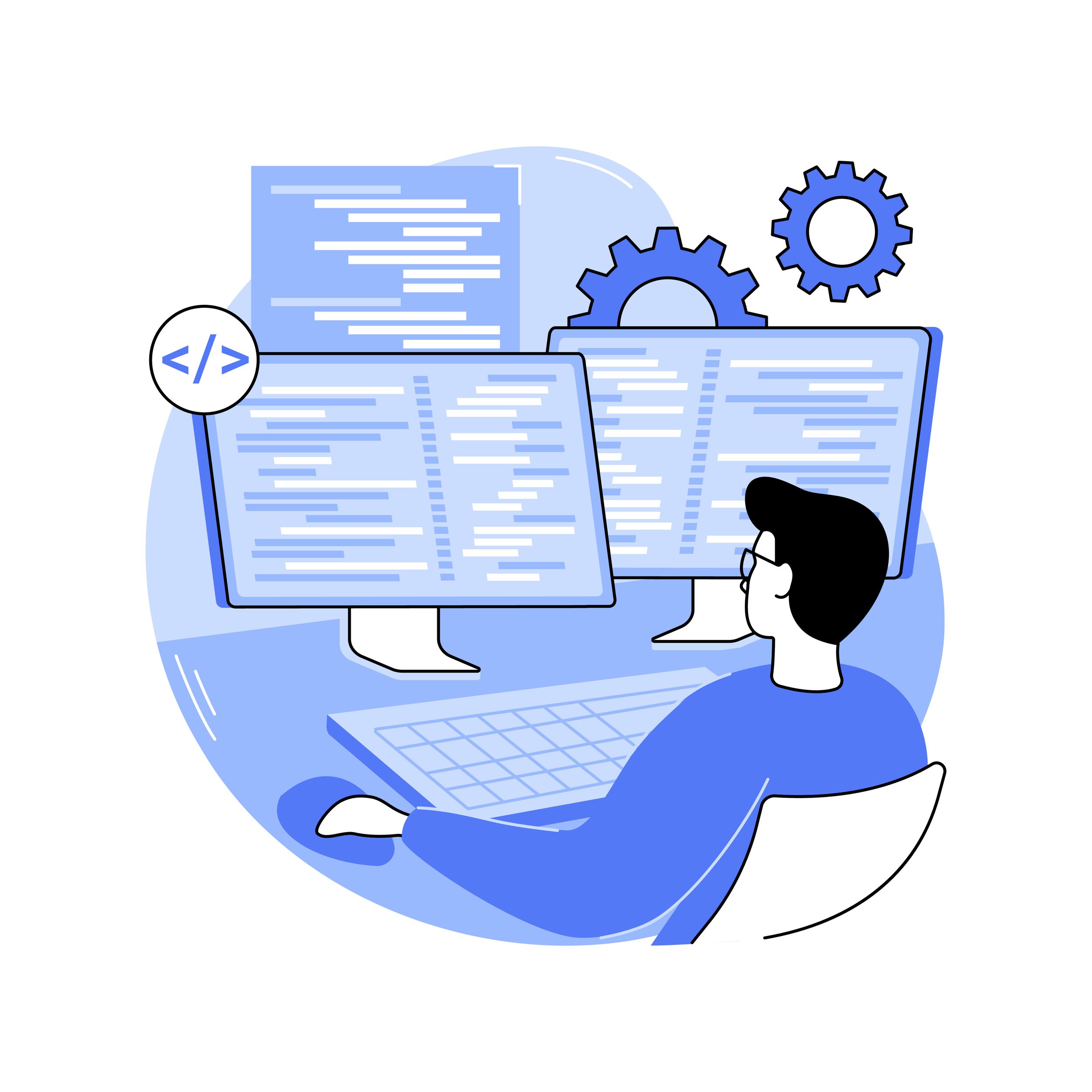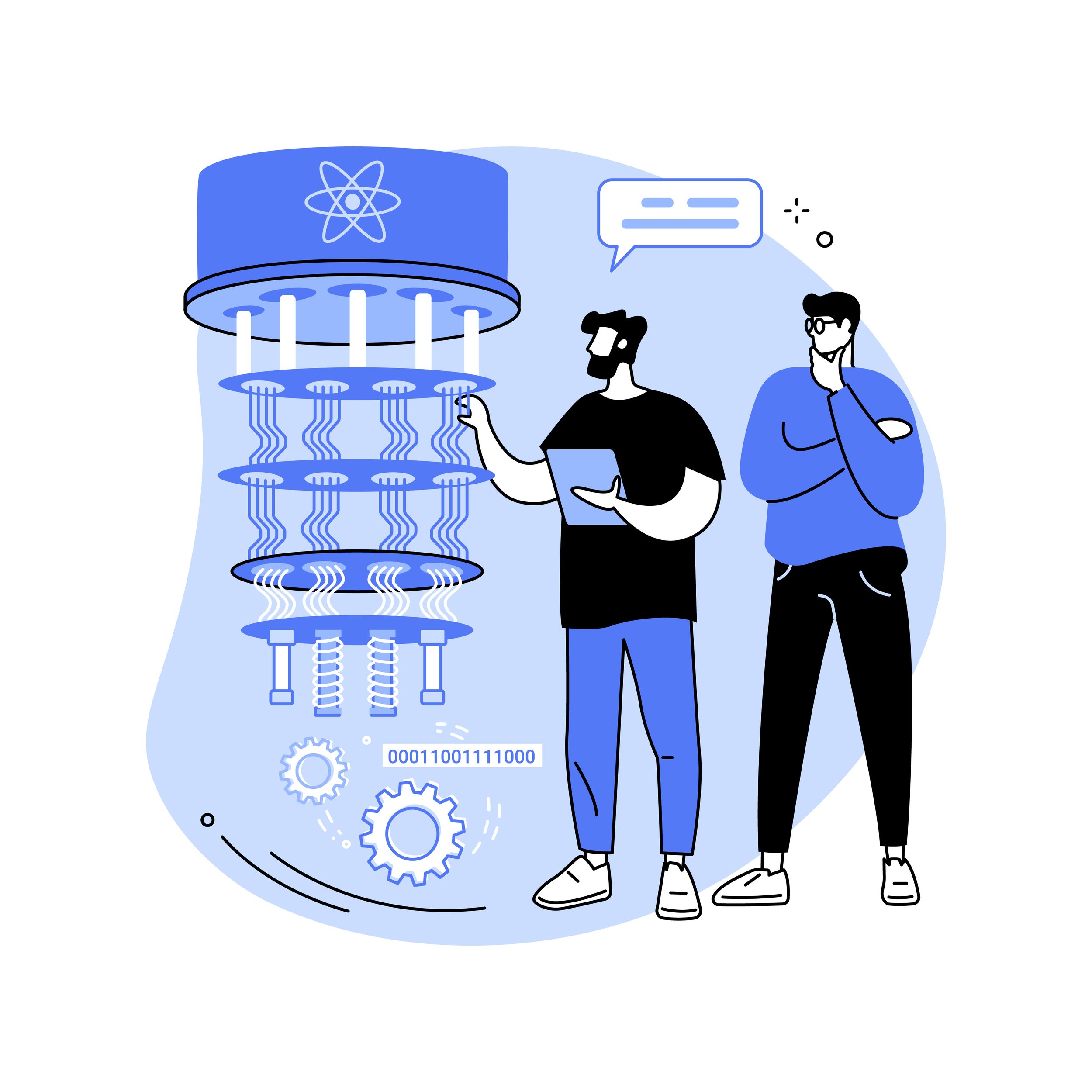
Cloud-based quantum hardware providers: Where to run your quantum algorithms
Having designed your initial quantum algorithm, the logical next step is to determine where you can execute it. To address this, it is essential to first identify the type of quantum algorithm you have developed, as there are various paradigms within quantum computing.

Transformative Benefits of Quantum Machine Learning
Quantum machine learning (QML) combines the groundbreaking technologies of quantum computing and machine learning. By integrating quantum algorithms into the machine learning pipeline, we can achieve advantages such as exponential computational speed-ups, novel data representations, and improved data augmentation. While classical machine learning is already powerful, the addition of quantum computing opens up new possibilities for overcoming existing limitations.

Quantum Computing: Unlocking the future of technology
Classical and quantum computers represent two fundamentally different ways of processing information. Quantum computing isn't simply an advanced form of supercomputing that can speed up any computational task. Instead, it represents a different paradigm that enables the creation of fundamentally different algorithms, which can drastically speed up the computation of particular types of mathematical problems. In this post, we will explore the differences between classical and quantum computers, and examine the unique tasks each type can handle.

